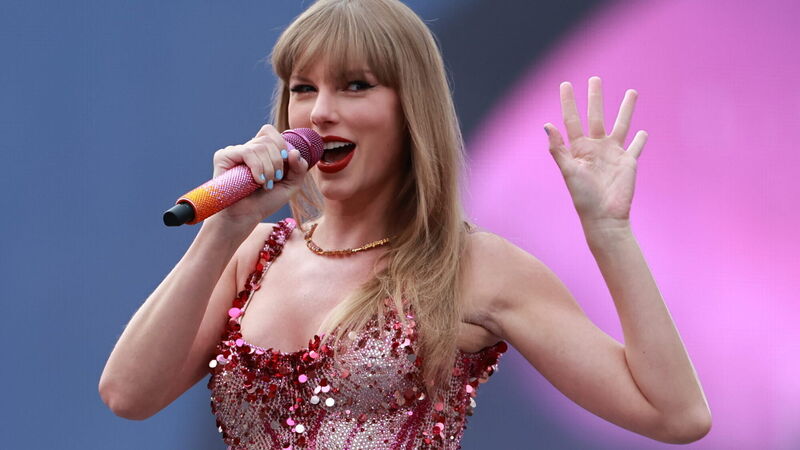Spotify breaks record with largest annual payout reaching €9.5bn

Taylor Swift was named Spotify’s 2024 global top artist, with more than 26.6 billion streams globally.
Spotify has broken the record for the highest annual payment to the music industry from any single retailer with a $10bn (€9.5bn) payout, new figures show.
The 2024 figure was revealed in the streaming provider’s 2025 Loud And Clear report after 2023 saw the streaming provider pay out more than $9bn (€8.6bn) to the music industry.











